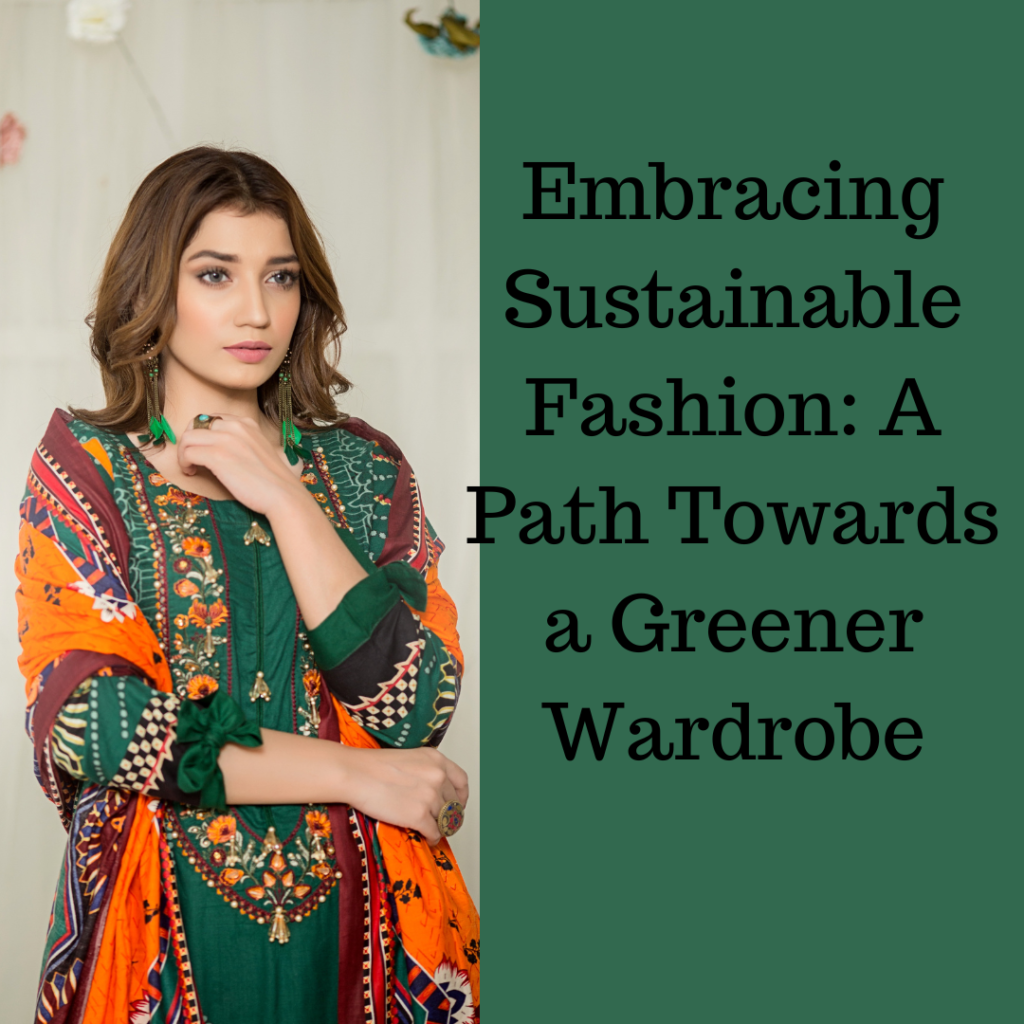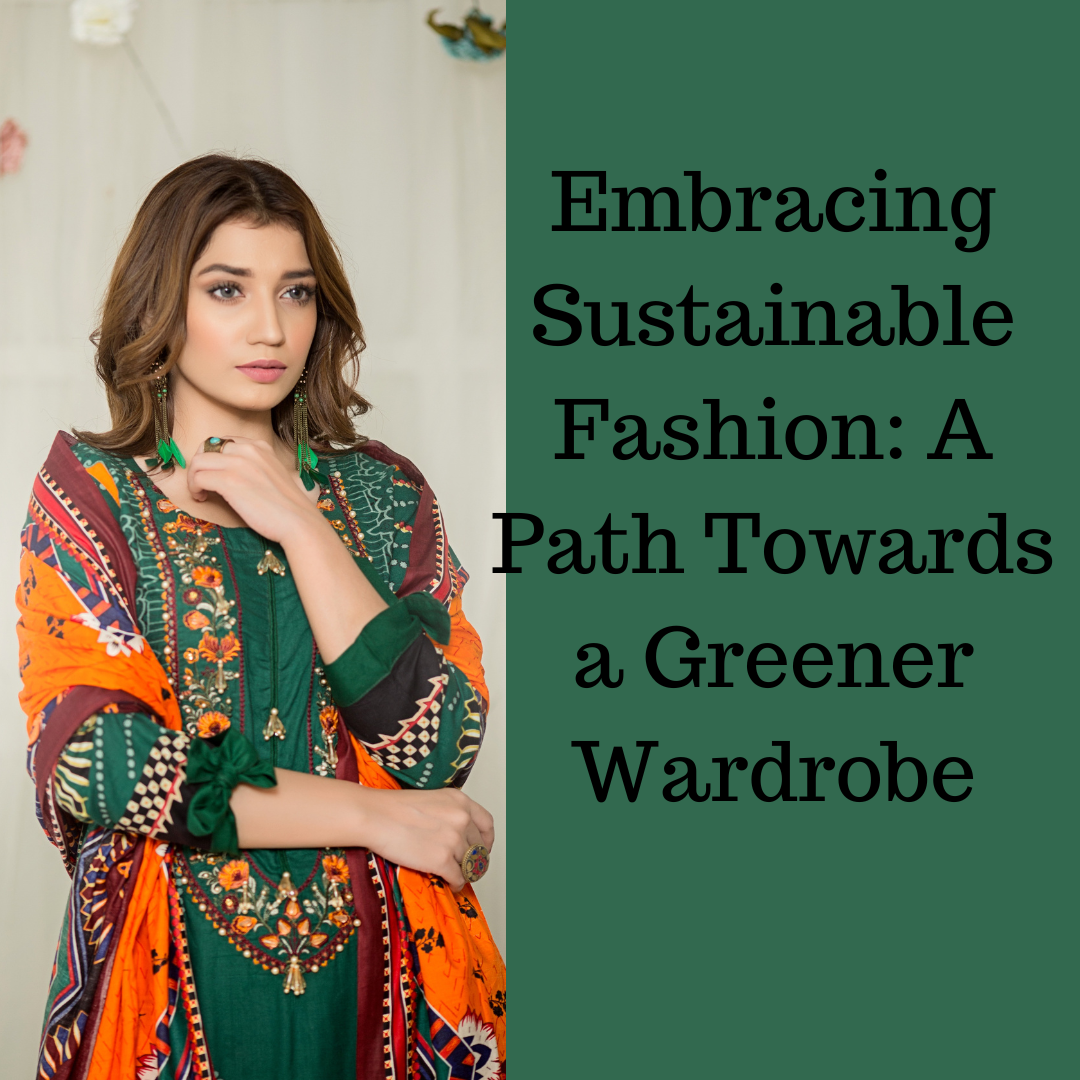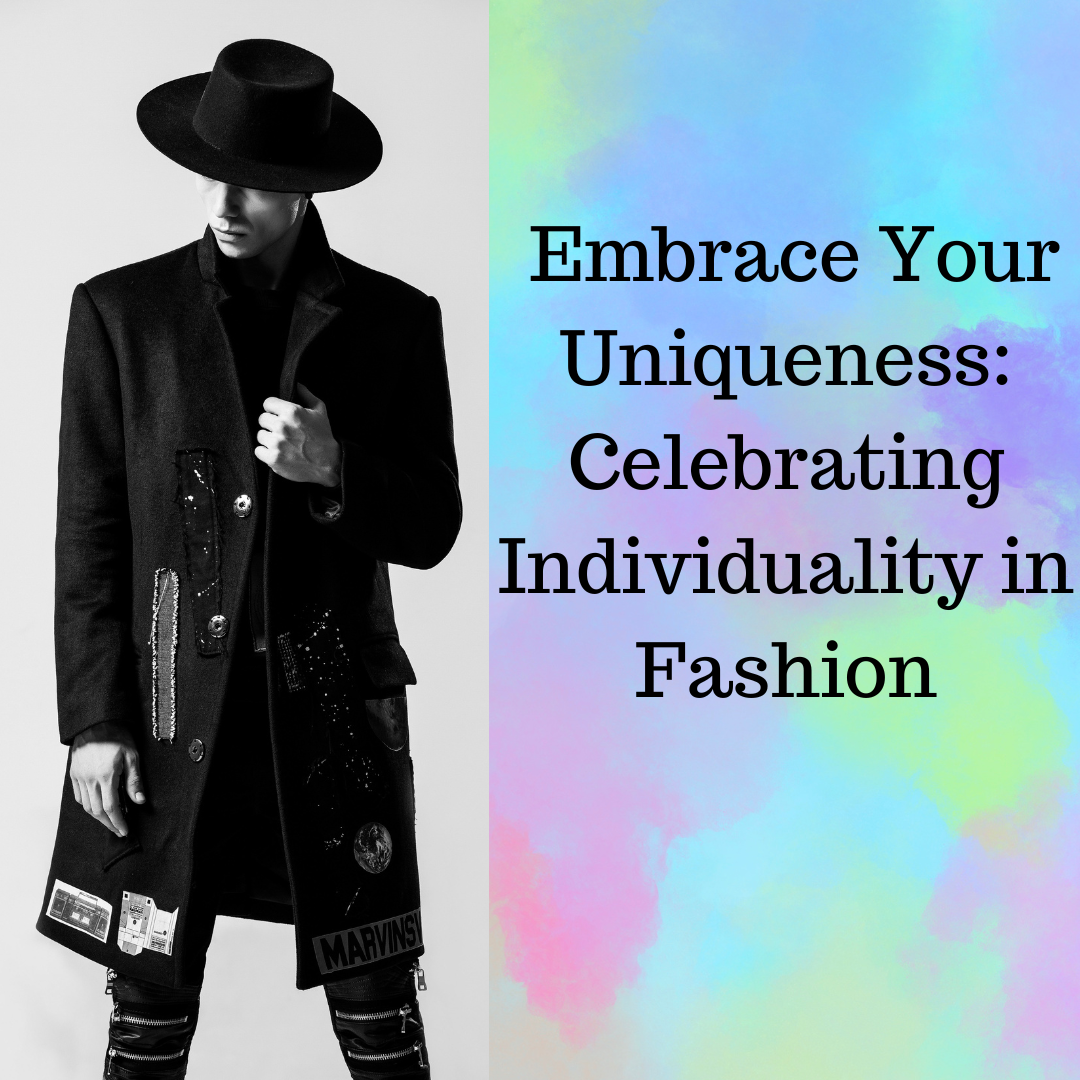
In recent years, the fashion industry has undergone a profound transformation, spurred by growing awareness of environmental and social issues. As consumers become increasingly conscious of the impact of their choices, the demand for sustainable fashion has surged. From eco-friendly materials to ethical production practices, the concept of sustainable fashion encompasses a wide range of initiatives aimed at reducing the industry’s carbon footprint and promoting social responsibility.
The Urgency of Change
The urgency of addressing environmental and social challenges in the fashion industry cannot be overstated. The traditional model of fast fashion, characterized by rapid production cycles and cheap labor, has taken a toll on the planet and exploited countless workers in garment factories worldwide. From deforestation for cotton cultivation to water pollution from dyeing processes, the environmental consequences of conventional fashion production are far-reaching and severe.
Moreover, the human cost of fast fashion cannot be ignored. Workers in garment factories often endure unsafe working conditions, long hours, and meager wages, perpetuating cycles of poverty and exploitation. In light of these realities, the need for a more sustainable and ethical approach to fashion has never been more pressing.
The Rise of Sustainable Fashion
Fortunately, a growing number of fashion brands and designers are championing sustainability as a core value. From established luxury labels to emerging indie brands, companies across the industry are rethinking their practices and embracing more eco-conscious alternatives. This shift towards sustainability encompasses various aspects of the fashion supply chain, including material sourcing, production methods, and waste management.
One of the key pillars of sustainable fashion is the use of eco-friendly materials. Innovations in textile technology have led to the development of fabrics made from organic cotton, recycled polyester, and other renewable resources. These materials not only reduce the environmental impact of clothing production but also offer superior quality and durability, challenging the disposable mindset perpetuated by fast fashion.
Embracing a Circular Economy
In addition to sustainable materials, the concept of a circular economy is gaining traction within the fashion industry. Instead of following a linear model of production, consumption, and disposal, a circular approach aims to minimize waste and maximize the lifespan of clothing through practices such as recycling, upcycling, and garment rental. By extending the life of clothing items and reducing reliance on virgin resources, a circular economy holds the potential to drastically reduce the industry’s environmental footprint.
Furthermore, ethical production practices are central to the ethos of sustainable fashion. Brands are increasingly prioritizing transparency and accountability in their supply chains, ensuring fair wages, safe working conditions, and respect for human rights throughout the production process. By partnering with certified factories and engaging in dialogue with stakeholders, these brands are working towards a more equitable and humane fashion industry.
The Power of Consumer Choice
Ultimately, the transition to sustainable fashion requires collective action from all stakeholders, including consumers. As individuals, we have the power to drive change through our purchasing decisions, supporting brands that prioritize sustainability and holding others accountable for their practices. By opting for clothing made from eco-friendly materials, shopping second-hand, and supporting ethical brands, we can align our fashion choices with our values and contribute to a more sustainable future.
In conclusion, sustainable fashion represents a beacon of hope in an industry plagued by environmental degradation and social injustice. By embracing eco-friendly materials, adopting circular business models, and promoting ethical production practices, fashion brands and consumers alike can pave the way for a greener, fairer, and more sustainable future. Together, we can redefine the way we think about fashion and build a wardrobe that reflects not only our personal style but also our commitment to the planet and its people.


